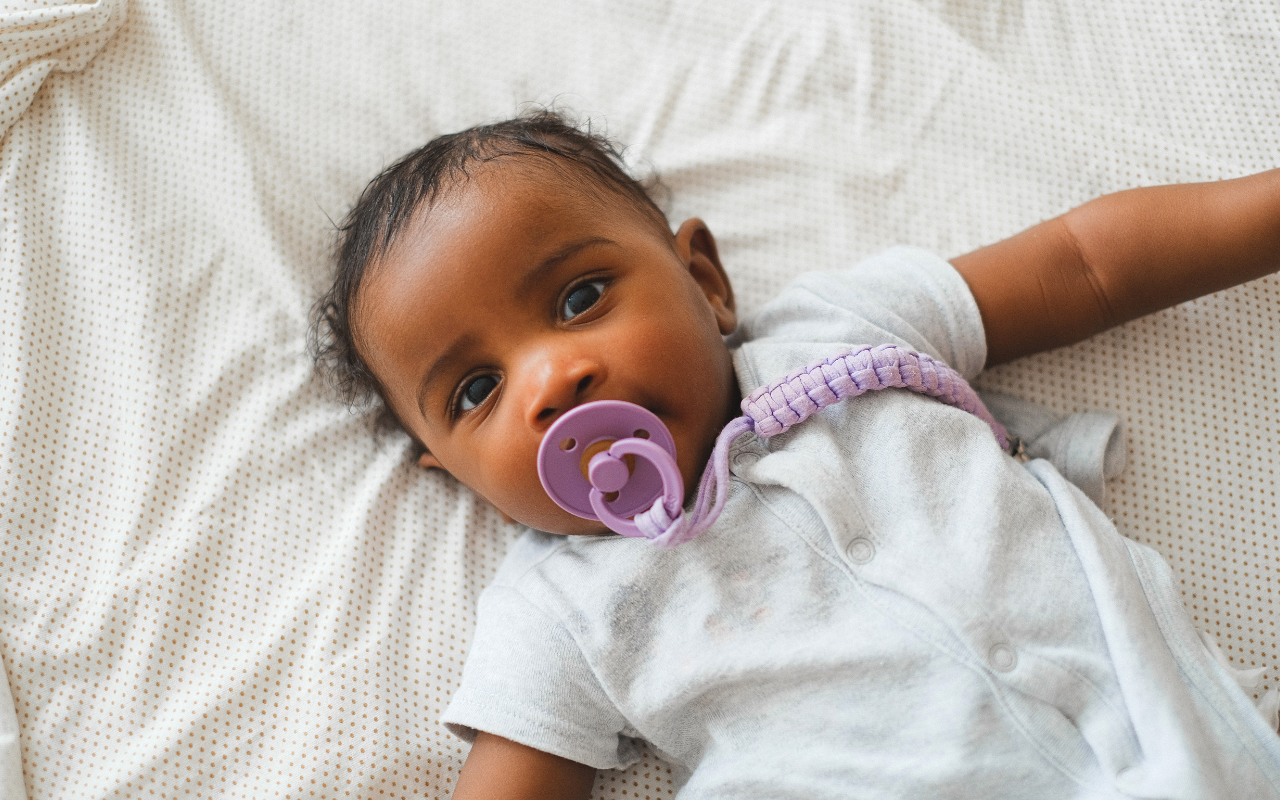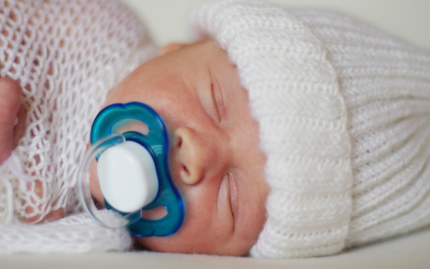Blog
Do Dummies Help With Hiccups?

If you’ve ever watched your little one hiccup mid-feed or nap, you know how adorable—and sometimes frustrating—it can be. Many parents swear by dummies (pacifiers) as a quick fix. But do they really work?
Short answer: Yes, dummies can help relieve baby hiccups by calming the diaphragm through gentle sucking. In this guide, we dive into the science, share helpful tips, and explore other effective ways to stop hiccups, so you’re prepared next time those tiny spasms kick in.
Table of Contents
What Actually Causes Baby Hiccups?
Baby hiccups happen when the diaphragm, the muscle under the lungs, spasms involuntarily. This pulls air into the lungs quickly, causing the vocal cords to snap shut—and voilà, a hiccup sound!
Common triggers include:
- Swallowing air while feeding
- Overfeeding or feeding too quickly
- A fast milk flow (especially from bottles)
- Trapped wind or colic
- Sudden changes in temperature
- Excitement or stress
Hiccups are completely normal—especially in newborns and young babies—and usually clear up in 5–10 minutes on their own. Interestingly, research suggests they might even help your baby develop breathing patterns and brain function.
Why Dummies Can Help Stop Baby Hiccups
So, how does a dummy help?
When your baby sucks on a dummy, it stimulates the sucking reflex, which can help relax the diaphragm and stop the hiccup reflex cycle. It’s a gentle, soothing way to bring your baby comfort—and it often works fast.
Benefits of using a dummy for hiccups:
- Helps calm the diaphragm
- Distracts and soothes your baby
- Often stops hiccups within 1–3 minutes
The sucking motion can send signals to your baby’s brain that override the hiccup reflex, a bit like how adult hiccup remedies work by stimulating multiple nerves.
What Else Can You Try?
If a dummy doesn’t do the trick (or you’re not using one), don’t worry—there are other safe and effective remedies:
Feeding Tips
- Feed in an upright position to reduce air intake
- Offer smaller, more frequent feeds
- Take breaks to burp your baby mid-feed
Gentle Physical Comfort
- Burp your baby regularly to release trapped wind
- Try soft back rubs or a change in position
- A warm bath can help relax their little body
Calm the Environment
- Make sure feeding time is relaxed
- Check your baby’s nappy and comfort before feeding
- Reduce noise and bright lights if your baby seems overstimulated
Did you know? One study found that 92% of parents reported hiccup relief using a tool based on suction and swallowing, which works on a similar principle to using a dummy.
When Should You Worry About Hiccups?
Most of the time, baby hiccups are just a normal part of early life. But if you notice anything unusual, trust your instincts. Speak to your GP or health visitor if:
- Hiccups make your baby upset or uncomfortable
- They last unusually long or occur very frequently
- They’re accompanied by other worrying symptoms
What Not to Do for Baby Hiccups
We know it’s tempting to try everything, but there are a few things best avoided:
- Don’t try to scare your baby—it’s an old myth and might do more harm than good
- Avoid force-feeding during hiccups
- Don’t pat your baby too hard on the back
- And most importantly, don’t panic—hiccups are almost always harmless
Are There Downsides to Using a Dummy?
While dummies can help soothe hiccups, it’s good to be aware of their impact on breastfeeding. Experts recommend waiting until at least 4 weeks before introducing a dummy if you’re breastfeeding, as early use might affect latch or milk supply.
That said, many parents find dummies helpful for:
- Soothing a fussy baby (78.3%)
- Helping baby fall asleep (57.4%)
- Keeping baby calm in public or on the go (40.4%)
Final Thoughts
Yes, dummies can absolutely help with baby hiccups, and they’re one of the easiest, most gentle tools in your baby care toolkit. That said, every baby is different. It might take a little trial and error to find what works best for your little one.
Whether it’s a dummy, burping, or simply cuddling, the key is to stay calm, stay gentle, and follow your instincts.
If hiccups persist or are causing distress, it’s always a good idea to check in with your health visitor or GP. But most of the time? It’s just another cute, quirky part of baby life.



